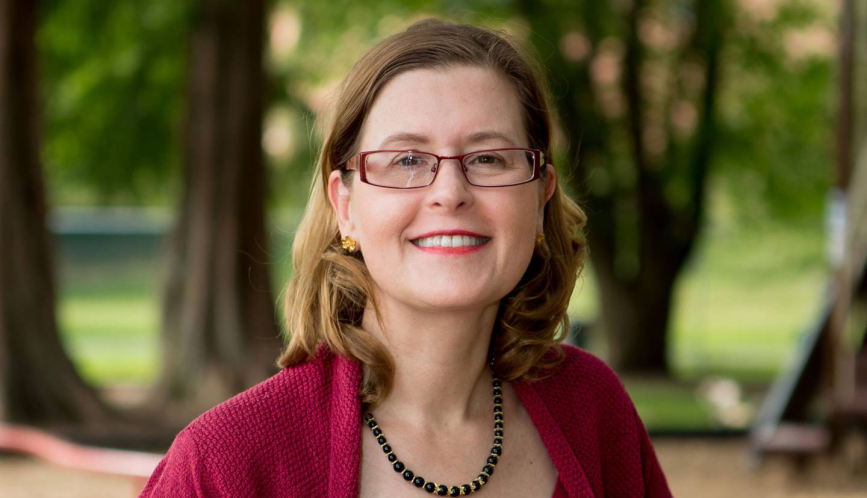ECI/HI network member Janet Currie is the Henry Putnam Professor of Economics and Public Affairs at Princeton University and the Co-Director of Princeton's Center for Health and Wellbeing. She also co-directs the Program on Families and Children at the National Bureau of Economic Research. She has served as the Vice President of the American Economics Association and is a member of the National Academy of Medicine and of the American Academy of Art and Sciences. She is a Fellow of the American Academy of Political and Social Science, the Society of Labor Economists, and of the Econometric Society, and has honorary degrees from the University of Lyon and the University of Zurich. Her research focuses on health and wellbeing, especially of children. She has written about early intervention programs, programs to expand health insurance and improve health care, public housing, and food and nutrition programs. Her current research focuses on socioeconomic differences in health and access to health care, environmental threats to health, and mental health.
Describe your area of study and how it relates to current policy discussions surrounding inequality.
I study sources of inequality among children. Some of the sources I have studied include pollution, access to medical care, maternal stress, and parental resources. I have shown that poor children are doubly disadvantaged, being more likely to be exposed to damaging influences, and belonging to families with fewer resources that can be used to remediate these disadvantages. Children who suffer from poor health at birth or in early childhood are less likely to reach their full potential in adulthood.
What areas in the study of inequality are most in need of new research?
There is a lot of research on infants, and also research about long-term effects of events or interventions in childhood. But we have relatively little information about the evolution of inequality through childhood, or about the most productive times and ways to intervene.
What advice do you have for emerging scholars in your field?
Researchers should follow their passion. Since every study takes a very long time to completion, it is important that the researcher themselves feels that their question is of vital importance.



